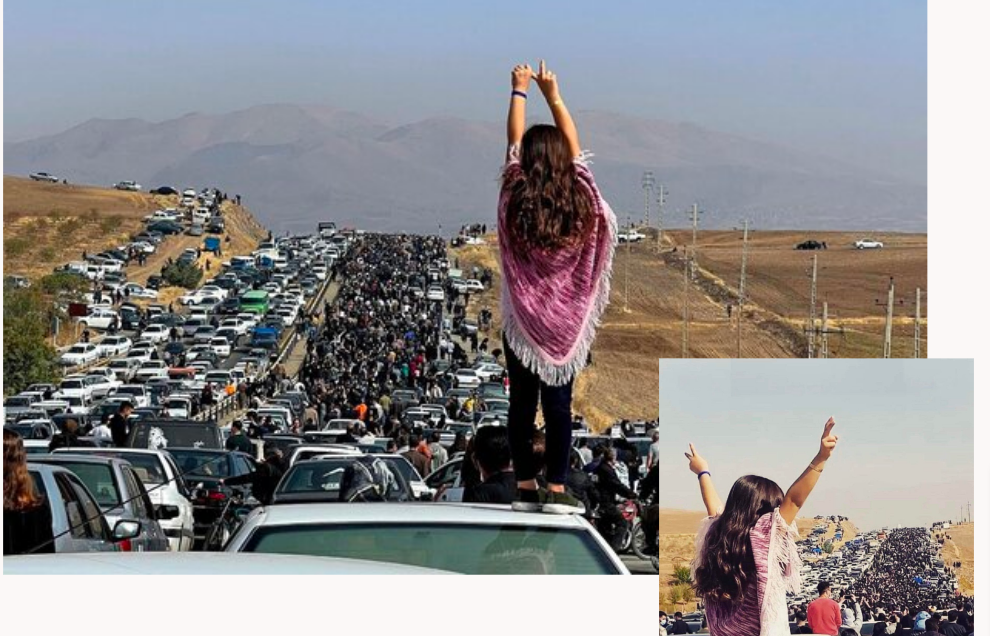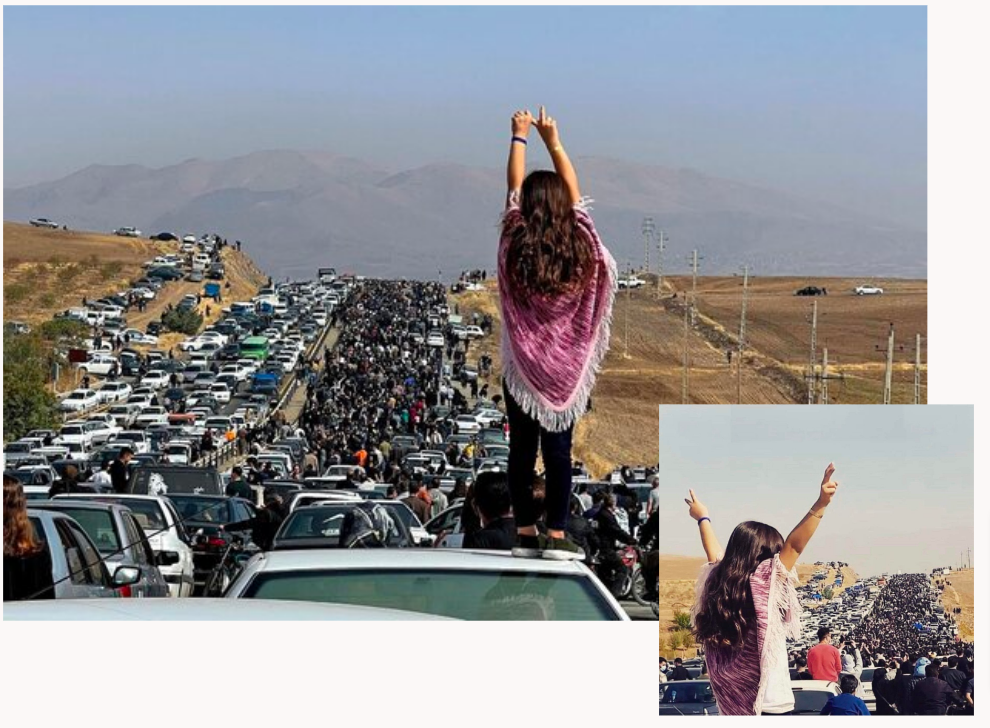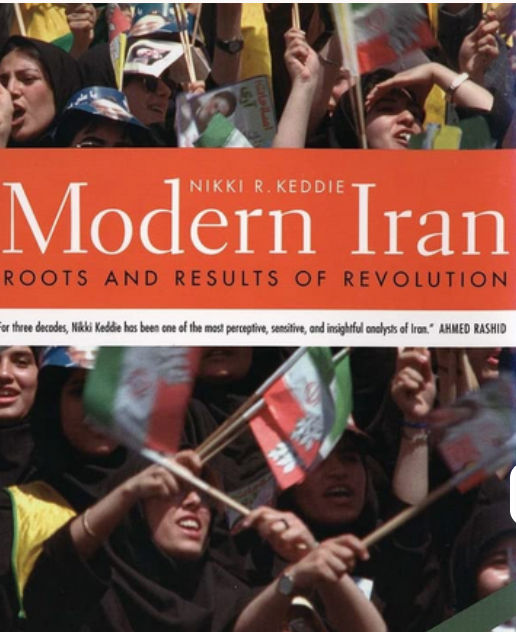
Will protestors in Iran succeed?

November 2022 - mainly portrayed as feminist and anti-regime in the Western media, today’s protests in Iran are also the tip of a period of economic instability that began in 2009. Two months after Mahsa Amini’s death, revolts continue and observers wonder if 2022 is the end of the Iranian regime…

https://goo.gl/maps/afGq3aJHgTsqQdwn9
One signal to watch

Interpreting all numbers
There are social triggers, including that most Iranian women remain cast aside by the political apparatus despite 80% of them being literate now (they were 20% in the 1970s).
But triggers are also political & economic:
1) inflation levels are particularly high, pushing thousands into unemployment.
2) corruption has reached unprecedented levels mostly due to nepotism, money laundering, smuggling and blackmailing of the political elites - which have transformed the state into a military and oligarchic system since 2005.
Measuring Iran’s protest intensity

Comparing 2022 with past decades
Does that mean that the current regime is going to collapse?
Segments of the working class, of the urban middle class as well as students are rallying in a dispersed manner to impede police crackdowns, rendering the precise measurement of protestors for 2022 difficult.
The 2022 protests are varied in their sociological composition but do not yet match the 1979 mass - when more than 30% of 15-64 years old Iranians took to the streets to overthrow the Shah.
Summing up
Frustration is mounting, and the regime does not appear to adapt fast enough to social, economic & fair governance demands.
That said, matching 1979 would require the organised mobilisation of at least 10 million Iranians - if one uses 1979 as a standard.
Furthermore, the regime can now count on the technological performance of the Islamic Revolutionary Guards Corp (IRGC) to track opponents.
Ending on a quote

"While political predictions are usually wrong and the current Iranian situation is so complex both internally and externally that very little can be predicted with confidence, past Iranian experience indicates that Iranians are unlikely in the long run either to tolerate a vastly unpopular government or to let foreigners control Iran’s destiny […] The creativity and proven oppositional abilities of the Iranian people give reason to hope that they will be able to change the existing system for the better without any outside intervention."
Nikki R. Keddie, Roots and Results of Revolution, Yale University Press, 2003, p. 322

